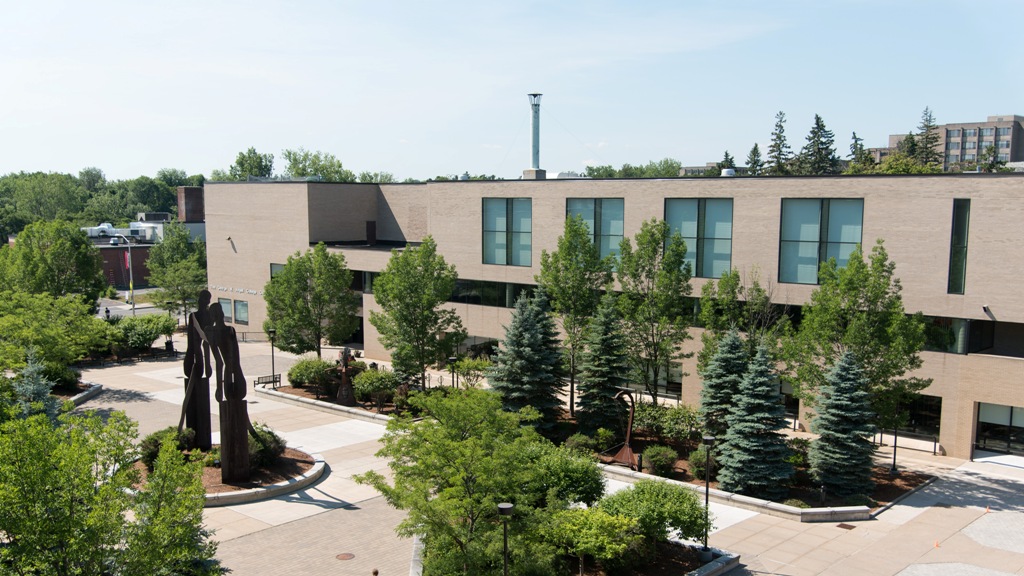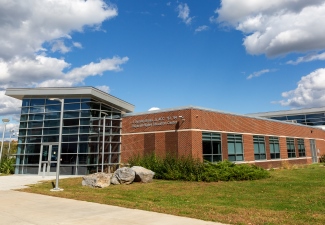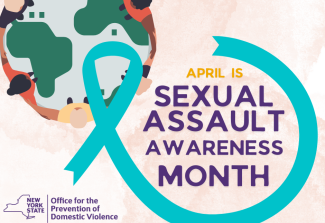Students Gaining from On-Campus Learning

For some students, being on campus, whether taking face-to-face classes or online from a bit of a distance, is the difference between completing their degrees or taking a break that may be lasting.
“Our focus on the preparation and retention of first-year students, a majority of whom are first in their family to attend college, can pose some significant hurdles to meeting with success in the online environment,” said Dr. Michele Carpentier, director of special programs and assistant vice president for enrollment and student success.
Madison Myer, a sophomore from Carthage, N.Y., majoring in education, agrees that for her, being on-campus is best.
“When I am actually physically in the class and able to talk to the professors, I am able to comprehend the material more clearly,” Myer said. “Online Zoom doesn’t allow me to make those connections with my professors and classmates, and also, it’s much harder to understand the material.”
A Work Study student in the Career Development Center who benefits from the support the on-campus position brings, Myer said she worries about being sent home, “because of people not following the guidelines for COVID-19.”
“I really need the resources and hybrid learning style to help me with keeping my GPA in order and help me overall with academics,” she said.
For many, being on campus provides a safe environment where they can work away from distractions of home, Carpentier said.
“We have learned from this pandemic that there are still significant pockets of New York state where sufficient access to internet services do not exist, which poses a difficulty; living on campus can remove that obstacle to success,” she said.
Those, however, are just the technical aspects of supporting our students, Carpentier said.
Being on campus allows students greater access to many of the things that make a campus a great place to be, she said, including access to library services, being surrounded by art, the opportunity for hands-on laboratory work and most importantly, an opportunity to form deep and lasting bonds with their peers and the college staff and faculty.
Acadia Pezzolesi has different reasons for being on campus. The second-semester senior from Scotia, N.Y, is majoring in human development and family relations, whose last semester is a full-time internship in the field.
“Last semester I spent all of February interviewing different sites and determining which one fits me best,” she said. “I fell in love with Families First in Essex County. This internship is something everyone in our major has looked forward to our entire college career. It is 12 credits and is a graduation requirement.”
Pezzolesi said that while some of their work “could be completed remotely depending on the internship site, a fully remote internship is not what I’ve been dreaming about as an HDFR major. I want to connect with the community I am trying to help as a human service professional.”
At a moderate-to-high risk for COVID-19, Pezzolesi said campus precautions need to be taken seriously.
“I deserve to have this internship I’ve been working toward and dreaming about for years,” she said.
Learning from the comfort of one’s bedroom can never be the same as four, or more, formative years engaging on a college campus, Carpentier said.
“While we still support our students in a virtual world, it will never be the same as getting a cup of coffee at Tim Hortons and discussing the topic of the day or working side-by-side with a tutor to master a new concept,” she said. “While all types of support can be provided in a virtual format, humans are, at heart, social creatures.”
News

SUNY Adirondack Students Benefit from New Dual Agreement with SUNY Plattsburgh Queensbury

SUNY Recognizes Two Plattsburgh Seniors for Excellence in Academics, Leadership
